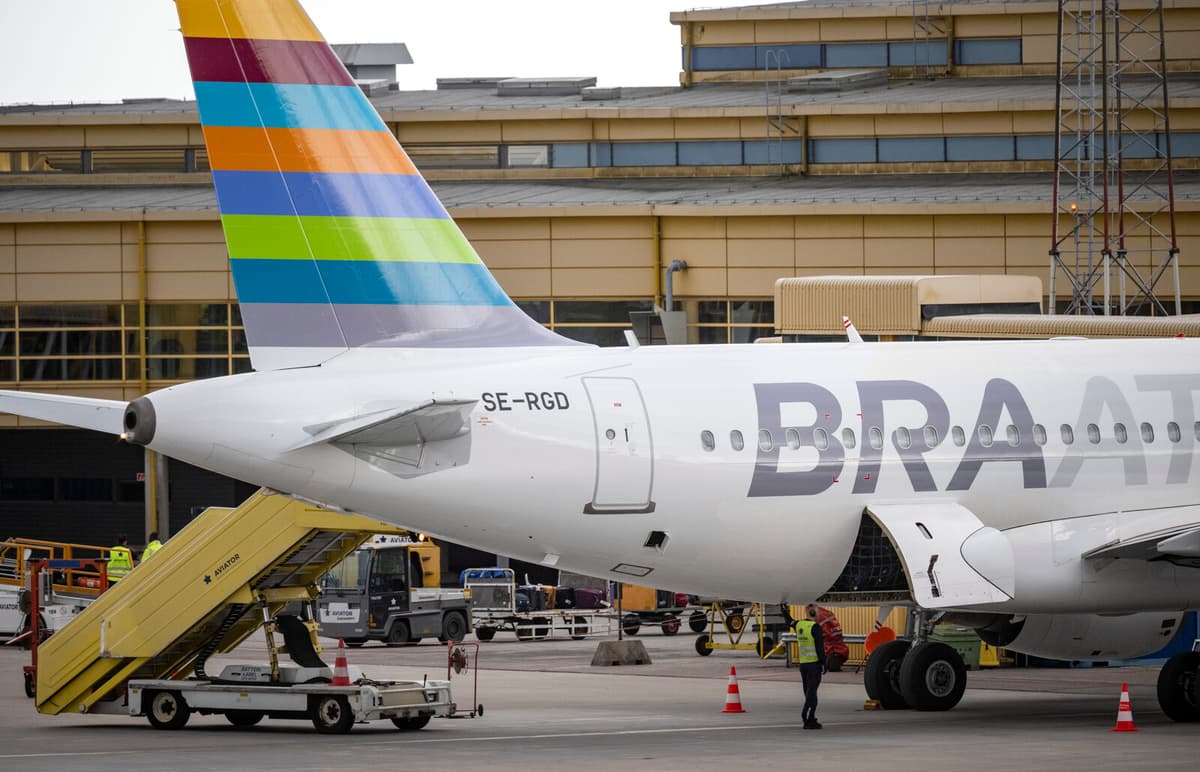In practice, the agreement means that BRA will stop competing with SAS on domestic flights and instead focus on flying on behalf of SAS under leasing conditions after the turn of the year. This will give SAS a monopoly position on certain Swedish routes.
This is not a merger of two companies. We have chosen to discontinue our commercial operations and instead do contract flying. So it doesn't need to be reported to the Competition Authority. There's nothing that can stop us from doing this, says BRA's main owner Per G Braathen.
May be necessary to ask questions
McKelvey at the Competition Authority expects that SAS and BRA, prior to presenting the agreement, have made their own assessment of whether, based on regulations regarding market concentration and threshold values, a notification of the agreement for competition review in Sweden or by the EU Commission is required.
It's an assessment the parties seem to have made, that it's not necessary here, he says.
He adds that it often happens that the Competition Authority takes a closer look at this type of cooperation and that it may be necessary to ask questions to the parties.
It's a bit unclear, based on the information that came out this morning, how they arrived at that decision, he says about the parties' decision not to report the agreement for review.
"Opportunity to intervene"
And even if the parties' assessment is correct and the agreement doesn't need to be reported for review, the Competition Authority can still stop the deal.
Parties can enter into cooperation agreements and they take effect immediately once they've been signed. But we as the competition authority can still ask questions and have opinions about it. And ultimately, if we discover that there are competition-restricting effects from this agreement, we have the opportunity to intervene, says McKelvey.
Among other things, the Competition Authority can decide that the agreement must be annulled and impose a so-called competition fine.






